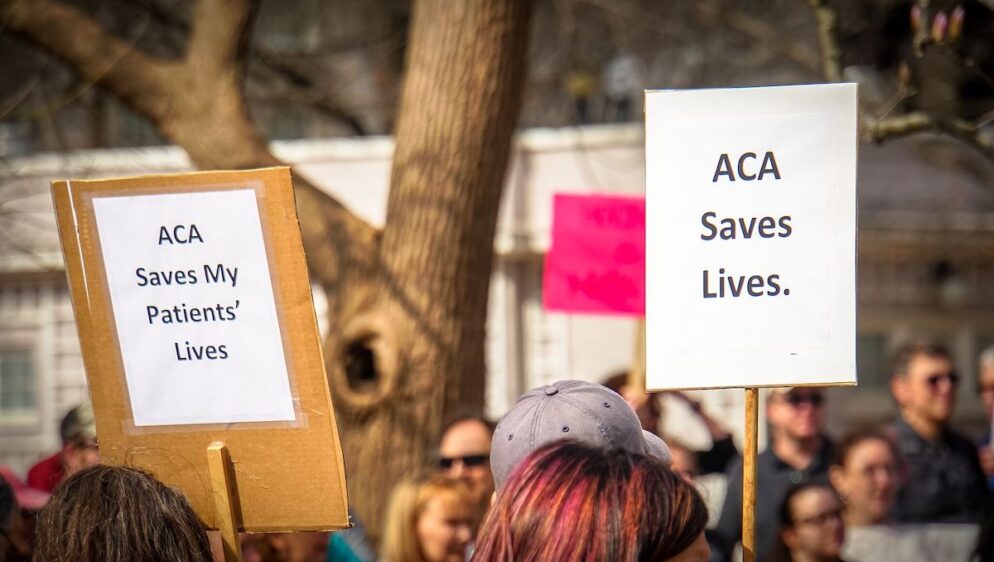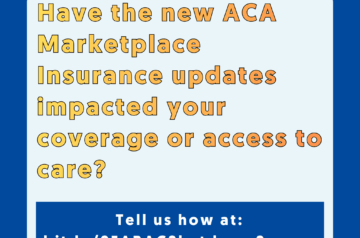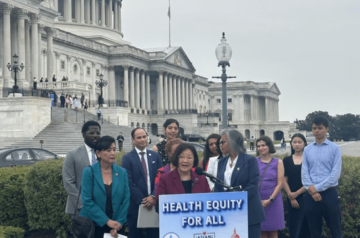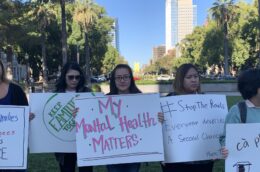Since its passage in 2010, the ACA has greatly increased access to affordable health care for SEAAs and reduced the number of SEAAs withouth health insurance. We must keep building on these successes.
Key resources:

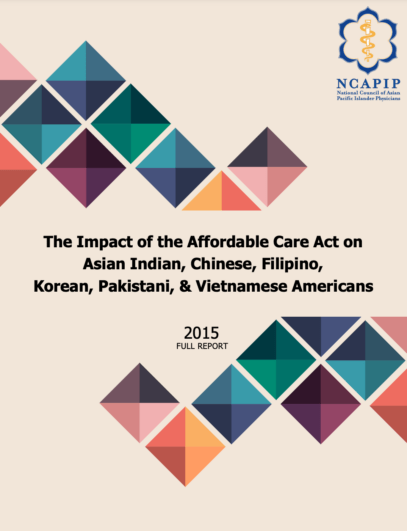
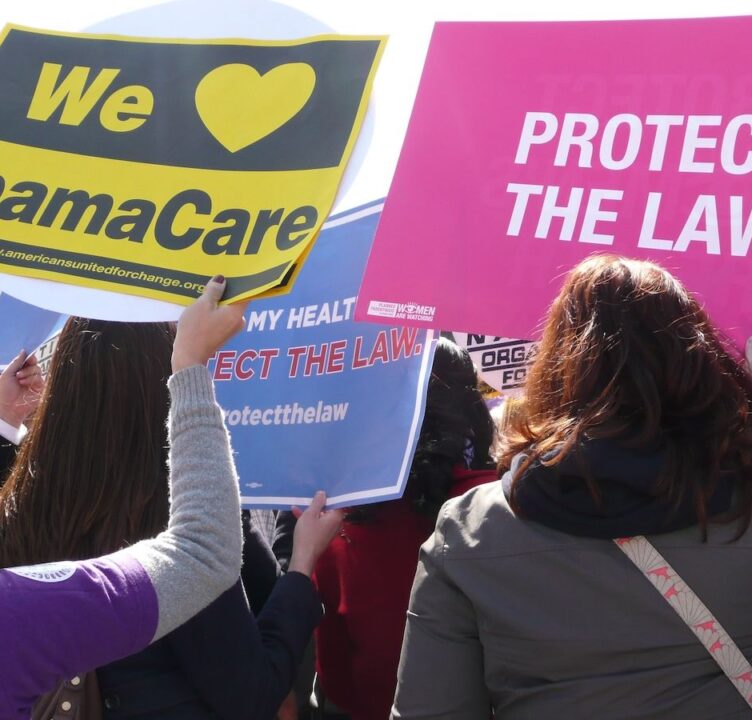
Featured story
SEARAC Condemns Ruling Striking Down Some ACA Preventative Services
Today’s ruling will allow insurers and companies to opt out or force consumers to pay part of the cost, making more than 100 preventive services inaccessible for millions of people — including life-saving screenings for cancer, hepatitis, heart disease, blood pressure, and depression, among others.
Learn more
“I began taking oral contraceptives in 2002. I spent roughly $1,440 on oral contraception, at least $160 on well-woman visit co-pays, and the cost of the HPV vaccinne (which was strongly recommended) from the age of 14. My mother, sister, and I have been able to access well-woman visits free of charge since ACA, which also covered birth control for myself and my sister.”
Southeast Asian Americans Speak Out to Protect the Affordable Care Act and Medicaid Expansion report

“I am a survivor of Cambodian genocide. I have mental problems, diabetes, heart disease, high blood pressure, asthma, and stomach problems. My overall health is not great because of these health problems, but I am thankful to have health coverage. If not, I wouldn’t be alive now.
Southeast Asian Americans Speak Out to Protect the Affordable Care Act and Medicaid Expansion report
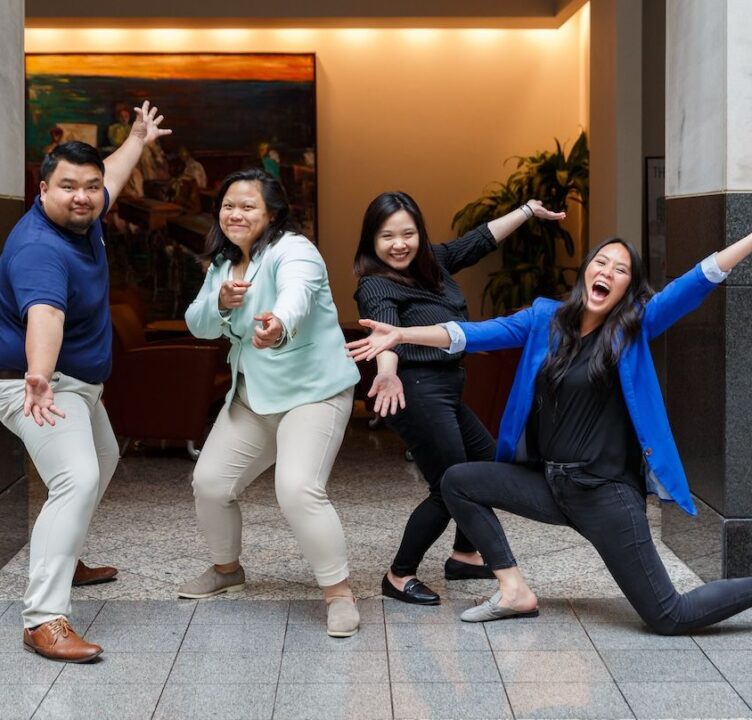
Subscribe to our newsletter for the latest updates on the SEARAC community, and to learn more about how you can get involved.
Last night, President Trump lied to the American people. He spun an illusion of America where communities are safe from violence, healthcare costs are the lowest they’ve been, and children have all the supports they need to learn. Quyên Đinh, SEARAC Executive Director, shared, "Our communities are unveiling the truth of this Administration’s cruelty. Our strength has always come from collective action, from generations standing together and demanding better. Despite the President’s lies last night, we know that progress, justice, and truth will ultimately prevail."
Read the full statement at the link in our bio.
Feb 25

The Southeast Asian Deportation Relief Act #SEADRA will prevent deportations of Southeast Asian refugees, ensure access to work permits, and end ICE check ins. Southeast Asian Americans deserve safety, dignity, and a chance to thrive. Tell Congress to support #SEADRA and endorse it today: linktr.ee/searac.
Feb 24

With families at risk today, we choose action and hope. Southeast Asian Deportation Relief Act #SEADRA would protect Southeast Asian refugees and immigrants, keep families together, and restore due process. The time to pass SEADRA is now. Join us in standing with our communities against unjust detention and deportation and endorse SEADRA today: linktr.ee/searac.
Feb 23

Last week, @searac and @seafnofficial celebrated the reintroduction of the Southeast Asian Deportation Relief Act #SEADRA. SEADRA affirms a simple truth: Southeast Asian Americans deserve to live in safety, stability, and dignity with their families. Thank you to @repjudychu and @pramilajayapal for being champions of this bill and to our Southeast Asian American community leaders for honoring us with your powerful stories. We know community wins are possible with collective action. Watch a recording of the event and endorse SEADRA today: linktr.ee/searac.
Feb 23

SEARAC’s 2025 Annual Report is now available on our website. Inside you’ll find our policy advocacy victories, recap of events from our 50th anniversary “Our Roots, Our Power” campaign, and more from the front lines of building power with Southeast Asian American refugee and immigrant communities. Read the report at bit.ly/SEARAC2025annualreport
Feb 23


